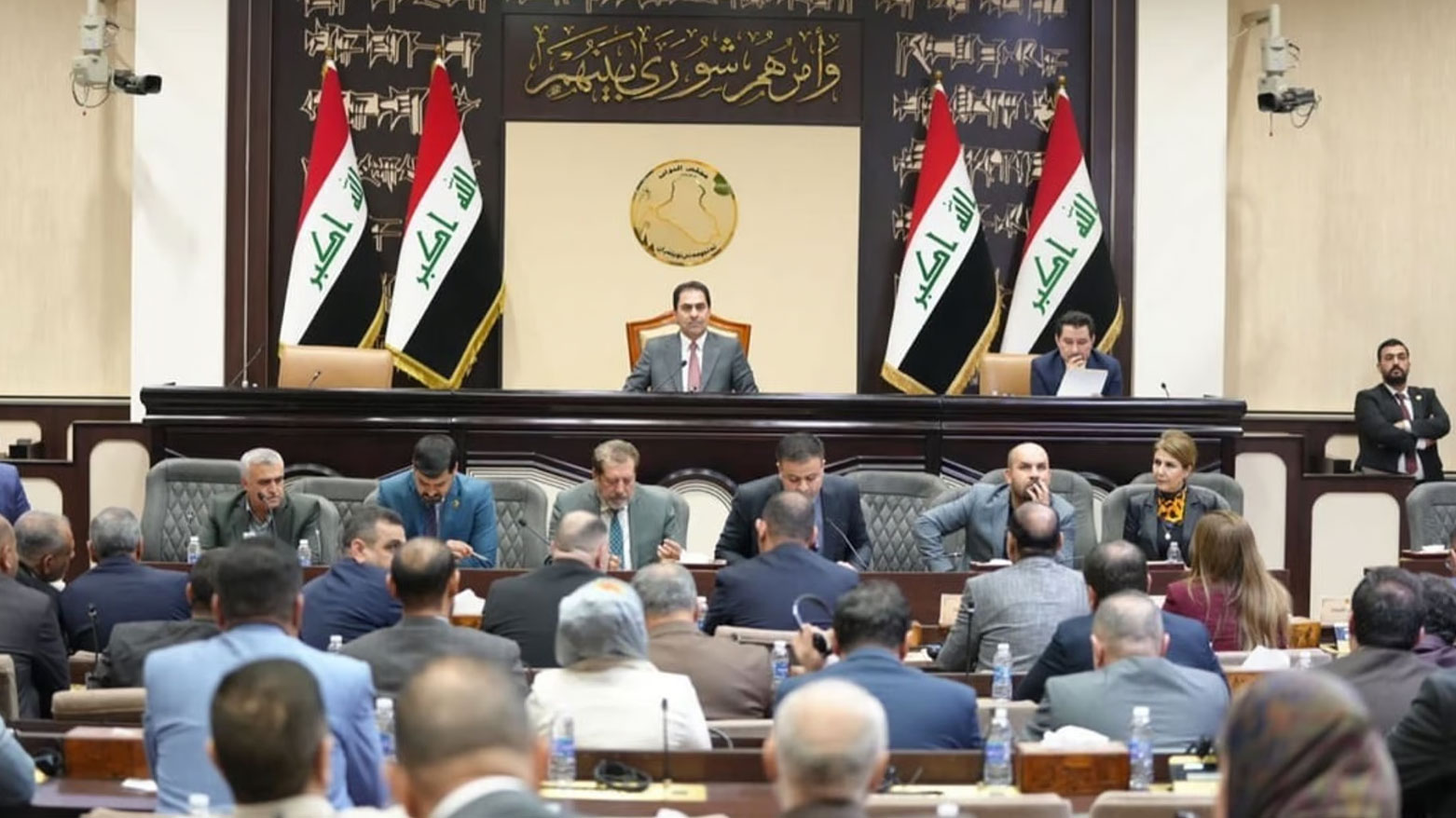Sunni-Shia tensions rise as Iraq's Parliament Speaker selection looms
The decision, made during the Coordination Framework's latest meeting, comes nearly a year after the Federal Court dismissed former Speaker Mohammed al-Halbousi from his position following a complaint by a member of parliament.

ERBIL (Kurdistan24) - In a significant development in Iraqi politics, the Coordination Framework has reached a majority decision to elect a new Speaker of the Iraqi Parliament next week. This move has sparked controversy and highlighted the ongoing sectarian divisions in the country's political landscape.
The decision, made during the Coordination Framework's latest meeting, comes nearly a year after the Federal Court dismissed former Speaker Mohammed al-Halbousi from his position following a complaint by a member of parliament.
However, the Framework's decision has met with resistance from Sunni political factions. Fares al-Fares, leader of the Sunni al-Sadara coalition, strongly rejected the Coordination Framework's conditions and decisions.
"The position of Speaker of Parliament should be decided by Sunnis, and there's no need for Shiite intervention," al-Fares stated, emphasizing the traditional sectarian allocation of top government positions in Iraq.
The Coordination Framework reportedly aims to maintain Mohsen al-Mandalawi, the current acting Speaker, in his role until they can secure their preferred candidate for the position. Ali Fatlawi, a leader within the Coordination Framework, revealed, "We have agreed by majority vote to support Mahmoud al-Mashhadani for the position."
This move has exposed rifts not only between Sunni and Shiite blocs but also within the Shiite camp itself. Sources indicate that Shiite parties are divided and unable to unanimously back a single candidate, further complicating the political landscape.
The controversy surrounding the Speaker's selection underscores the delicate balance of power in Iraqi politics, where positions are often distributed along sectarian lines. The Speakership has traditionally been held by a Sunni politician, while the Prime Minister's office is typically occupied by a Shiite and the Presidency by a Kurd.
As the deadline for the election approaches, political tensions are expected to escalate. The outcome of this process could have significant implications for Iraq's political stability and the balance of power between different factions in the country's complex political system.
The international community and regional observers are closely watching these developments, as they could impact Iraq's internal dynamics and its relationships with neighboring countries in the volatile Middle East region.
